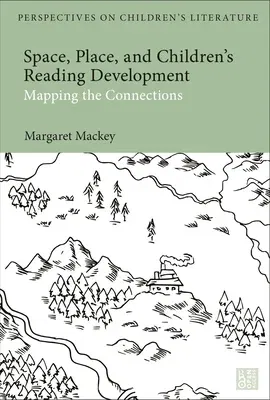This open access book is a unique study of the impact of lived
experience on literate life, exploring how children's reading
development is affected by their home setting, and how this sense of
place influences textual interpretation of the books they read. Based on
qualitative research and structured around interviews with twelve
participants, Space, Place and Children's Reading Development focuses
on the digital maps and artistic renderings these readers were asked to
create of a place (real or imagined) that they felt reflected their
literate youth, and the discussions that followed about these maps and
their evolution as readers. Analysing the participant's responses,
Margaret Mackey looks at the rich insights offered about the impact on
childhood stability after experiences such as migration; the "reading
spaces" children make based on their social relationships and domestic
spheres; the creation of "textual spaces" and the significance of the
recurring motif of forests in the participants' maps; the importance of
the Harry Potter novels; the basis of life-long reading habits;
psychological spaces and whether readers visualize when they read.
Blending theoretical perspectives on reading from many disciplines with
the personal experiences of readers of diverse nationalities, languages,
disciplinary interests, and life experiences, this is an enlightening
account of the behaviors of readers, reading histories, and place-based
reader responses to literature. By building greater understanding about
the broad and subtle processes that enable people to read, this study
refines the kind of questions we ask about reading and moves towards
developing a multidisciplinary language for the study and discussion of
reading practices in contemporary times.
The eBook editions of this book are available open access under a CC
BY-NC-ND 4.0 license on bloomsburycollections.com. Open access was
funded by the Social Sciences and Humanities Research Council of
Canada.

